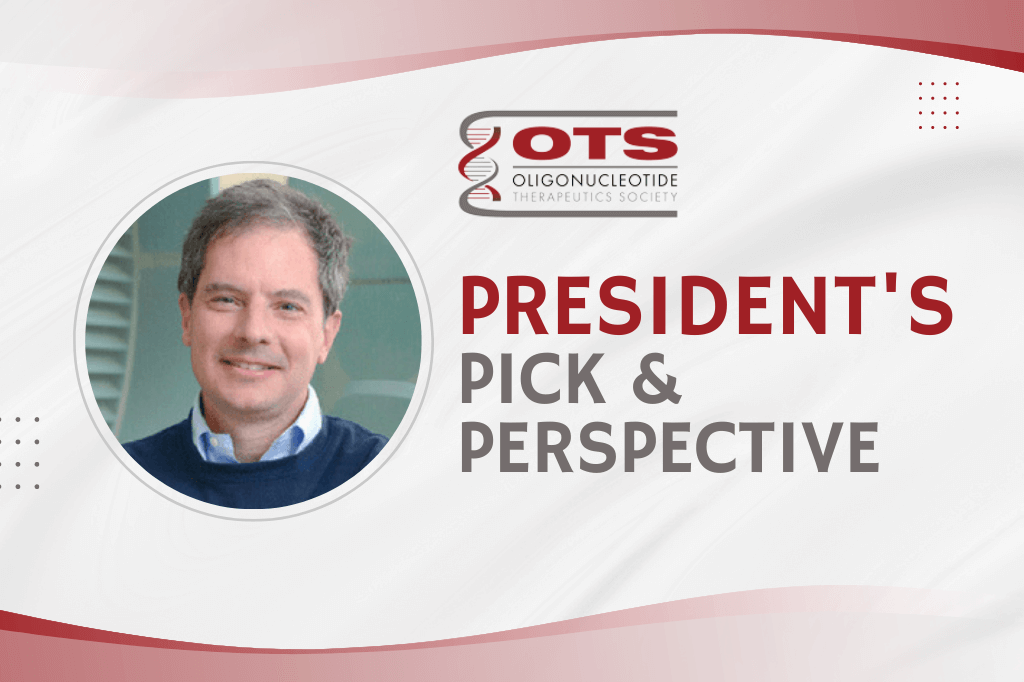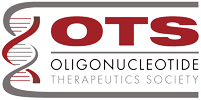
Looking for something?

By: David Corey
Establishing an environment in which rigorous scientific inquiry is practiced: A personal journey.
Stanley Crooke
Nucleic Acids Research, gkac526, https://doi.org/10.1093/nar/gkac526
Published:
08 July 2022. https://academic.oup.com/nar/advance-article/doi/10.1093/nar/gkac526/6633881?login=true
The Story of Ionis Pharmaceuticals
For those new to the field, Ionis Pharmaceuticals has always been a juggernaut. Ionis is involved in many clinical trials and, together with Biogen, developed the life-saving drug Spinraza. This success, however, did not happen overnight. Ionis was founded in the late 1980s, only a few years after the first crude DNA synthesizers became available. The original companies in the field confronted a series of scientific challenges that no one had faced before. How will large negatively charged molecules enter cells? Tissue in vivo? What chemical modifications will be needed? What are appropriate disease targets? These were only some of the difficult new questions that needed to be answered.
Most start-up companies are under pressure to succeed quickly. How does a company succeed when so many fundamental questions need to be addressed? That question had always fascinated me. In my role as an Executive Editor at Nucleic Acids Research, I recently was given the responsibility for co-managing (with Dr. Helle Ulrich) NAR’s Surveys and Summaries section. Our first task was to change the name to “Critical Reviews and Perspectives” to emphasize our decision to have authors focus on expert insights rather than neutral cataloging of results. The second task was to begin to identify appropriate authors and topics.
I was fortunate that Stan Crooke, founder of Ionis, agreed to write a somewhat unorthodox Perspective that focuses on the process of science rather than summarizing the state of the science (which Stan and others have covered in other articles). In his Perspective piece, Stan offers insights that may prove helpful to anyone building a scientific organization. While the lessons apply most clearly to industry, many also apply to academic labs. Building a team, scientific rigor, and communication are just some of the topics covered. From my outsider’s perspective, it seems likely that the culture Stan fostered was instrumental in Ionis surviving the many ups and downs encountered by the field over the years. The number of long-term employees who have been with Ionis for two or even three decades and their scientific achievements are testimony to the success of his organizational vision.
I urge OTS members to take a look at this perspective and reflect on lessons that can be applied to their own organizations.



